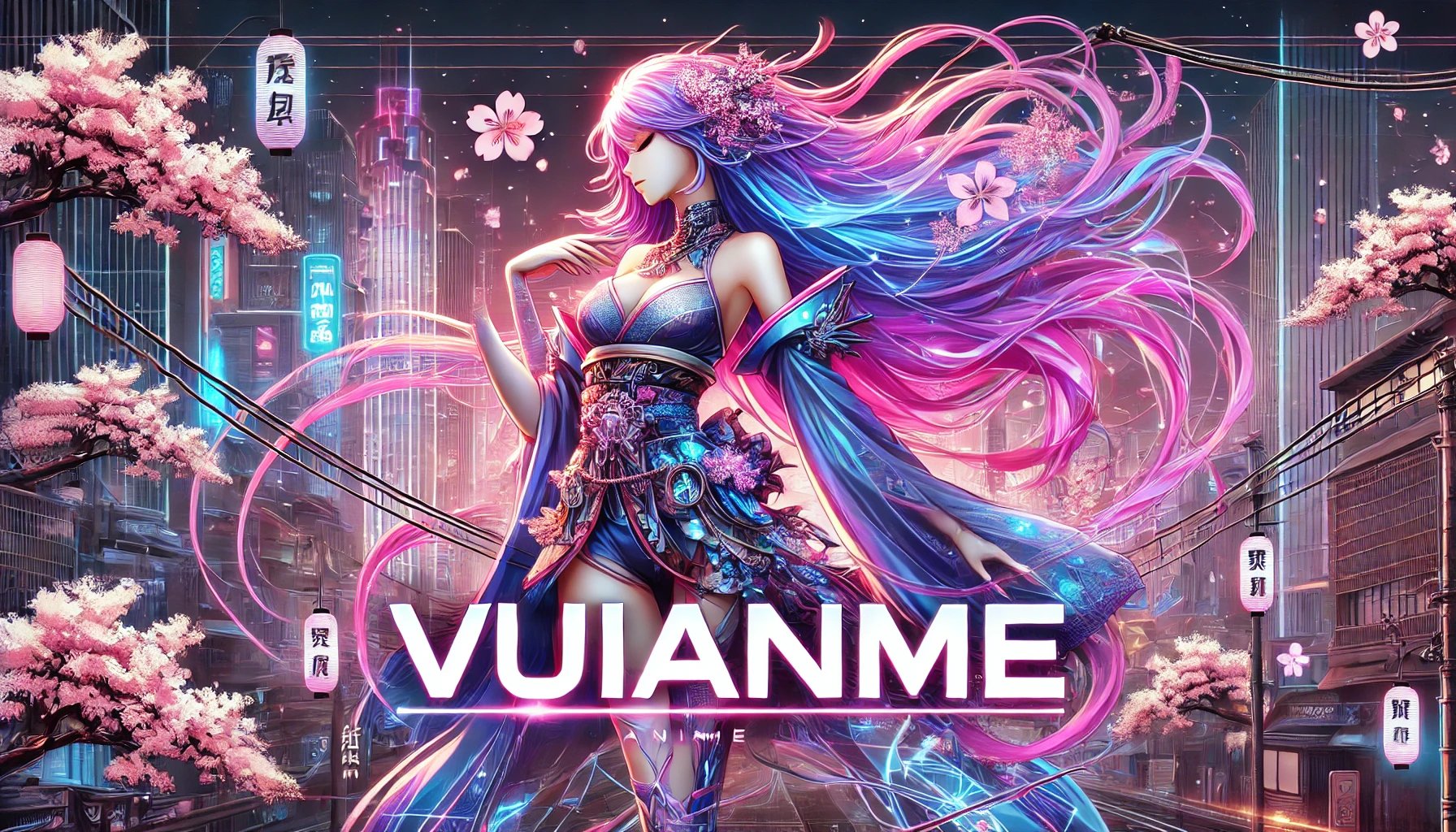Manga, Japan’s unique art form, has gained global recognition for its compelling stories and vibrant illustrations. Yet, without dedicated translators, many fans would miss out on these works’ brilliance. Olympus Scanlation, a prominent name in this niche, has been a cornerstone for avid manga readers. Their dedication to high-quality translations and preserving cultural nuances is unparalleled in the community.
The Emergence of Olympus Scanlation
The roots of scanlation trace back to fans translating and sharing manga online in the early 2000s. Olympus Scanlation emerged during this period as a team passionate about spreading Japanese manga to global audiences.
Founded by dedicated enthusiasts, Olympus prioritized accuracy, creativity, and cultural integrity in their translations. This commitment quickly gained them respect among manga fans worldwide. By filling the gap between raw Japanese manga and non-Japanese readers, they became a trusted source of quality translations.
The early days were not without challenges. Limited resources, copyright concerns, and time constraints made their efforts even more commendable. Despite these obstacles, Olympus persisted, fueled by their passion for storytelling and their love of manga.
What Makes Olympus Scanlation Unique?
Several factors set Olympus Scanlation apart in the competitive scanlation community. Their attention to detail stands out as their defining feature.
- Cultural Fidelity: Olympus Scanlation ensures readers experience the original context by including translator notes and preserving cultural references.
- High-Quality Typesetting: Their team meticulously aligns text with illustrations, enhancing the reader’s visual and narrative experience.
- Collaborative Spirit: Olympus fosters collaboration among translators, editors, and typesetters, ensuring a seamless process from start to finish.
By focusing on these aspects, Olympus consistently delivers polished translations that rival official publications. Their dedication has cemented their reputation as a leader in the field.
The Role of Technology in Olympus Scanlation’s Success
As technology advanced, so did the tools used by Olympus Scanlation. These innovations streamlined their workflow, enabling faster and more precise translations.
Digital editing software improved their typesetting process, allowing for cleaner and more professional-looking manga pages. Optical Character Recognition (OCR) tools expedited the extraction of text from raw scans, saving countless hours of manual labor.
Moreover, online platforms like Discord facilitated real-time communication among team members across the globe. This connectivity allowed them to recruit talent worldwide, diversifying their skills and perspectives.
Through these advancements, Olympus Scanlation has remained at the forefront of the scanlation community. Their adaptability showcases their commitment to growth and excellence.
Challenges Faced by Olympus Scanlation
Despite their achievements, Olympus Scanlation encounters several challenges that threaten their operations. Legal concerns top the list, as copyright laws become increasingly stringent worldwide.
The rising popularity of official translations from publishers also competes with scanlation teams. While these translations benefit the industry, they reduce the demand for fan-driven efforts like Olympus.
Maintaining a volunteer-based team also poses difficulties. Team members often juggle their passion projects with personal responsibilities, leading to occasional delays or burnout.
However, Olympus remains resilient, addressing these challenges with creativity and determination. Their focus on quality and community ensures their continued relevance.
Olympus Scanlation’s Community Impact
Beyond translations, Olympus Scanlation has cultivated a vibrant community of manga enthusiasts. This inclusive environment connects fans who share a deep appreciation for Japanese art and storytelling.
Their forums and social media platforms serve as spaces for discussions, recommendations, and camaraderie. Fans often praise Olympus not only for their work but also for fostering a sense of belonging.
Through fan contributions, Olympus Scanlation funds their operations and sustains their activities. This model reflects their collaborative ethos, which prioritizes collective growth over individual gains.
Moreover, Olympus inspires new scanlation teams by sharing resources and guiding aspiring translators. Their legacy extends far beyond their releases, shaping the broader scanlation community.
The Future of Olympus Scanlation
As the manga industry evolves, so too must Olympus Scanlation adapt to new trends and challenges. Their resilience and innovation suggest a bright future ahead.
Expanding partnerships with independent artists could offer fresh opportunities for collaboration. By working with emerging creators, Olympus could diversify its catalog and support underrepresented voices.
Investing in emerging technologies like AI-driven translation tools may enhance their efficiency while maintaining their human touch. These tools could address labor shortages and accelerate their workflow without sacrificing quality.
Additionally, Olympus could explore hybrid models that blend fan-driven initiatives with official licensing agreements. Such collaborations could bridge the gap between publishers and the scanlation community, benefiting both parties.
Conclusion:
Olympus Scanlation represents more than a team of translators; they embody the passion and dedication of manga fans worldwide. Their unwavering commitment to quality, creativity, and cultural preservation has left an indelible mark on the manga world.
While challenges persist, Olympus Scanlation’s adaptability ensures their continued relevance in a rapidly changing landscape. Their work highlights the power of fan communities to shape and enhance global appreciation for Japanese culture.











